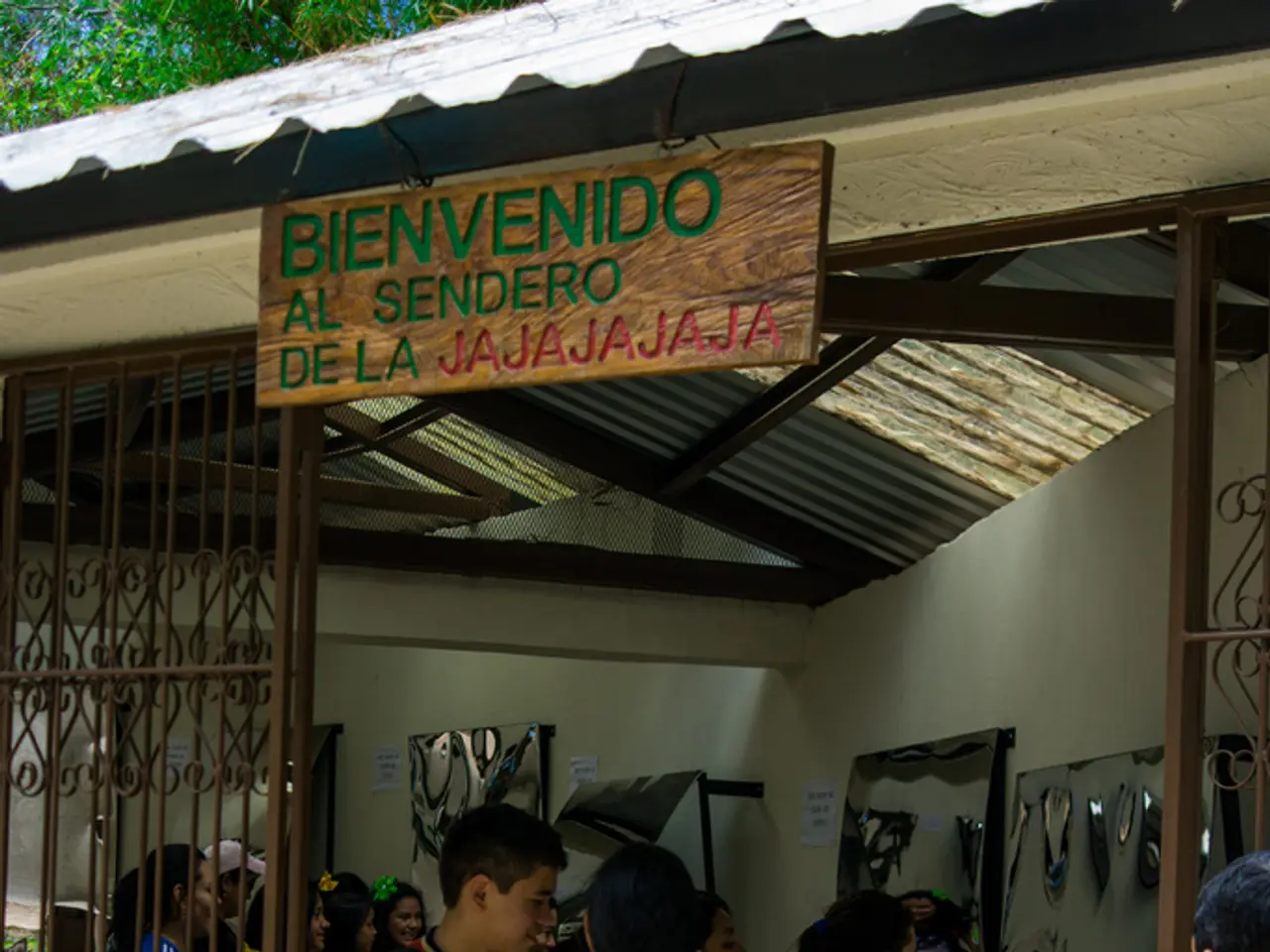Potentially coercing Portuguese corporations to scrap their diversity initiatives: Trump's new strategy?
Chatter: The US government, under former President Trump, has reportedly sent letters to companies in Portugal that work with them, demanding they scrap their diversity, equity, and inclusion (DEI) programs. These letters follow an executive order signed in January 2025, which deemed DEI initiatives as a threat to American values, contradicting meritocracy, and a form of discrimination [Insight].
According to ECO, the US embassy in Lisbon confirmed sending such letters and similar communications were dispatched to companies in France and Belgium. However, they didn't reveal the exact number of targeted companies or the recipients' identities [Insight]. The US embassy explained this move as part of a global review of contracts, requesting certification to guarantee compliance with US anti-discrimination laws.
The executive order argues that DEI programs weaken national unity by questioning traditional American values, such as hard work, excellence, and individual achievement. It views any initiative promoting diversity, equity, and inclusion as clashing with meritocracy [Insight].
The contracts in question cover various services, ranging from telecoms services by Vodafone to gardening work, health insurance by Allianz, and legal support from CMS. There are also contracts related to the Lajes Base in the Azores, dealing with security, cleaning, transport, and even funeral services. Additionally, there are more general contracts, like the one between Fidelidade and the US Air Force [Insight].
Legally, the US has no right to force EU companies to abandon their DEI programs. However, since it is about defining the conditions for supplying goods and services to the US administration, they can set rules – if companies don't comply, they risk being excluded [Insight].
ECO reached out to several Portuguese companies involved in US government contracts, but met silence on the issue. Some did not reply, while others claimed they hadn't received any communication regarding DEI programs [Insight]. The Federal Procurement Data System shows companies such as Vodafone Portugal, Fidelidade, Mota-Engil, Galp, Caetano Automotive, CTT, Allianz Portugal, MEO, and Rui Pena, Arnaut & Associates (now CMS Portugal) have contracts with the US government [Insight].
While Trump's administration did enforce DEI bans on US federal agencies and contractors via executive orders in 2025, there's no evidence these bans were extended to foreign suppliers or companies operating in Portugal or the broader EU [Summmary]. The entire focus appears to have been on US federal contracting and grant systems [Summmary].
- The US embassy's global review of contracts requested certification from companies in Portugal, focusing on Portuguese businesses involved in various sectors, such as telecoms (Vodafone), insurance (Allianz), legal services (CMS), and even funeral services.
- Despite the US administration sending letters to Portuguese businesses working with them, demanding they scrap DEI programs, there's no solid evidence indicating these bans were extended to foreign suppliers or companies operating in Portugal or the EU, as a whole.
- The US government's policy-and-legislation, under the previous administration, deems DEI initiatives as a threat to American values, contradicting meritocracy, but Luis Juba, a prominent Portuguese businessman, has expressed concerns that this stance could potentially impact the business relationships between Portugal and the US, influencing their general-news and political landscape.






